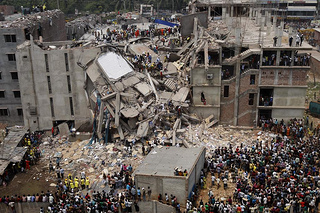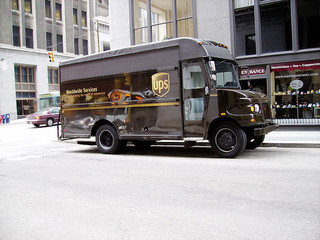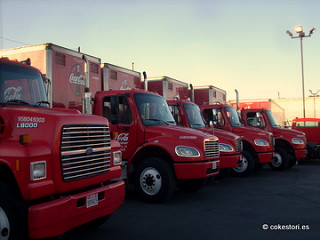The Enormous Cost of Putting Profits Over Lives

In April, Bangladesh garment factories captured worldwide headlines when a factory collapsed, killing 1,200 workers. Just one day before the collapse, an engineer was arrested for his allegations of unsafe working conditions there. The vice president of the Bangladesh Garment Manufacturers and Exporters Association, Shahidulla Azim, told the Associated Press, “Earlier it was not in our minds. We never thought of this.” But how can that be?
This article is for Premium Members only. Please login below to read the rest of this article.
Not a Premium Member yet? Become one today.
[login_form redirect=’https://www.procurementbulletin.com/the-enormous-cost-of-putting-profits-over-lives’]
[show_to accesslevel=’Premium Members’]
Though the Rana Plaza collapse was by far the worst such accident affecting this $20 billion industry, it followed a fire in November at Tazreen Fashions Limited, which killed 112 workers, and the Spectrum sweater factory, which killed 64 workers in 2005. Western retailers that hire Bangladesh suppliers aren’t the only ones putting profits above human life. Ford Motor Company refused to spend $11 extra per car when manufacturing the Pinto, costing 9,000 lives. Ford and Firestone teamed up to hide problems with their SUV tires, which resulted in at least 300 vehicle accidents. What’s the cost?
Interruption of the Supply Chain
From a business standpoint, these large-scale issues cause serious disruptions in the supply chain. Even the workers who aren’t killed or injured are unable to continue to produce. This, in turn, means shipping companies lose business because there are no transportable goods. The company has no goods to sell, and the consumers don’t have those products to buy. In some cases, parts of the supply chain are permanently damaged, and the income provided by those jobs is lost to that region completely.
Public Backlash
Western retailers, such as Zana’s parent company Inditex, took huge public relations hits in the aftermath of the Rana Plaza collapse. Some companies, such as Wal-Mart Stores Inc., tried to deny their products were produced there, even after documents were found at the accident site indicating the factory had orders from a Canadian Wal-Mart, at least at one point.
A number of European retailers banded together to sign an agreement to help bring Bangladesh factories up to safety code, but at least two major retailers, Wal-Mart and Gap, have refused to sign. However, Wal-Mart does plan to inspect all 279 of their factories. The part of the agreement Wal-Mart and Gap balked on was paying for improvements and the possibility that signing the agreement would open them to legal problems.
Government Involvement
When businesses refuse to regulate themselves, it opens the entire industry up to more government regulation. In the case of Bangladesh, a minimum of 10 percent of their 4,000 factories face closure, at least temporarily. Once the government is involved, costs go up as companies struggle to meet demands of new regulations. Inspections, upgrades, and other safety measures are more costly than if the companies had done the right thing to begin with.
Human Lives
In the end, none of the government regulations, public outrage, or supply chain interruptions are as costly as the loss of human life. Executives who ignored unsafe working conditions or chose a cheap route over a safe way of doing business must live with the fact they caused the loss of innocent human life.
Hopefully, the world’s businesses will learn from the tragedies of history and begin valuing human life more than profit margins. Yet the one thing we know about history is that we do not learn from history. [/show_to]







